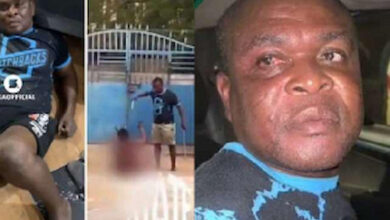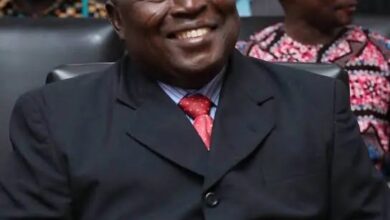Kofi Asare urges reforms in Ghana’s response to school abuse scandals

Kofi Asare, Executive Director of Eduwatch, is calling for Ghana to adopt stronger systemic measures to tackle teacher-student abuse scandals, drawing lessons from how similar cases abroad have prompted institutional reforms.
In a post on social media titled “Ghana’s Teacher-Student Abuse Scandals: Global Lessons for System Strengthening,” Asare highlighted how high-profile incidents in other countries have led to more effective oversight and accountability systems, unlike Ghana’s largely reactive approach.
He cited the 2017 case of Texas teacher Alexandria Vera, who was sentenced to 10 years in prison for having a sexual relationship with a 13-year-old student. The case, he explained, sparked widespread investigations and led to the creation of the Educator Investigations Division at the Texas Education Agency. “Her case triggered wider investigations and led to the creation of an Educator Investigations Division at the Texas Education Agency; from where investigations were conducted,” Asare noted.
The scandal also raised debates on power imbalances in schools and the risks associated with teachers communicating digitally with students. It paved the way for House Bill 218, a new law that expanded the definition of improper relationships, increased penalties for school authorities who failed to report misconduct, and made it easier to prosecute teachers for inappropriate digital communication.
“Due to the legal and accountability system reforms, by 2019, Texas was reporting hundreds of investigations each year into teacher-student misconduct,” Asare added, stressing the impact of legal reforms on system strengthening.
By contrast, he observed that Ghana’s response is often limited to reacting when scandals surface. “The Ghana Education Service typically reacts to cases as they surface, waiting for the next scandal to investigate and sanction. The Girls Education Unit also does the education bit,” he said, questioning why inappropriate relationships often go undetected by school leadership until videos leak.
“Again, no one is also asking how many other similar relationships could exist in these and other schools. Until these questions are asked and systemically answered, we will always be closing the stable door after the horses have bolted,” he cautioned.
Asare emphasized that there is little real oversight of how school heads monitor teacher-student interactions or manage abuse allegations, noting that schools frequently choose “cover-ups and internal ‘management’ over investigation and sanction.”



